Navigating the Path to Peace: Managing Religious OCD Symptoms
Finding Harmony Amidst the Storm of Intrusive Thoughts
Introduction:
Living with Obsessive-Compulsive Disorder (OCD) is challenging, but when it intersects with religious beliefs, it can become even more complex. Religious OCD, often referred to as scrupulosity, manifests as intrusive thoughts, obsessions, and compulsions centered around religious or moral themes. These symptoms can be distressing, disruptive, and often misunderstood. However, there is hope. With understanding, support, and strategies, it's possible to navigate the storm of religious OCD and find a path to inner peace.
Understanding Religious OCD:
Religious OCD involves obsessive thoughts about morality, sin, blasphemy, or religious rituals, which can trigger intense anxiety. These thoughts are often irrational, unwanted, and intrusive, leading to compulsive behaviors such as excessive prayer, seeking reassurance from religious figures, or engaging in rituals to alleviate anxiety. Despite these efforts, relief is often short-lived, perpetuating the cycle of distress.
Seeking Support:
The first step in managing religious OCD is reaching out for support. This can include seeking guidance from mental health professionals who specialize in OCD or religious counselors who understand the intersection of faith and mental health. Additionally, finding a supportive community or support group can provide validation, understanding, and encouragement on the journey toward healing.
Educating Yourself:
Education is empowering when it comes to managing religious OCD. Learning about the disorder, its symptoms, and treatment options can help demystify the experience and reduce feelings of shame or guilt. Resources such as books, articles, and reputable websites can offer valuable insights and practical strategies for coping.
Challenging Obsessions:
One effective strategy for managing religious OCD is cognitive-behavioral therapy (CBT), particularly exposure and response prevention (ERP). ERP involves gradually exposing oneself to feared thoughts or situations without engaging in compulsive behaviors. While this can be challenging, it allows individuals to learn that their feared outcomes are unlikely and that they can tolerate discomfort without giving in to compulsions.
Cultivating Self-Compassion:
Living with religious OCD can be exhausting, and self-compassion is essential on this journey. Rather than criticizing oneself for having intrusive thoughts or engaging in compulsions, practicing self-kindness and understanding can foster resilience and acceptance. Remembering that OCD is a medical condition, not a reflection of one's character or faith, is crucial in cultivating self-compassion.
Balancing Faith and Treatment:
Navigating religious OCD doesn't mean abandoning one's faith; rather, it involves finding a balance between religious practices and evidence-based treatment. Working with religious leaders who understand mental health can help integrate faith with therapeutic interventions, creating a holistic approach to healing.
Mindfulness and Acceptance:
Mindfulness practices, such as meditation and deep breathing, can help individuals ground themselves in the present moment and reduce anxiety. Acceptance and commitment therapy (ACT) techniques can also be beneficial, encouraging individuals to accept their thoughts and feelings without judgment while committing to values-driven actions.
Building Resilience:
Overcoming religious OCD is a journey that requires patience, perseverance, and resilience. Celebrate small victories, practice self-care, and lean on your support network during difficult times. Remember that setbacks are a natural part of the process, and each challenge you overcome strengthens your resilience.
Conclusion:
Managing religious OCD symptoms is an ongoing process that requires dedication, support, and self-compassion. By seeking professional help, educating yourself, challenging obsessions, and cultivating resilience, it's possible to find harmony amidst the storm of intrusive thoughts. Remember, you are not alone on this journey, and with time and effort, inner peace is within reach.
Remember, this blog is not a substitute for professional advice. If you or someone you know is struggling with OCD or mental health issues, please seek help from a qualified mental health professional.
Please complete our new patient inquiry form to get started with an OCD specialist today!
